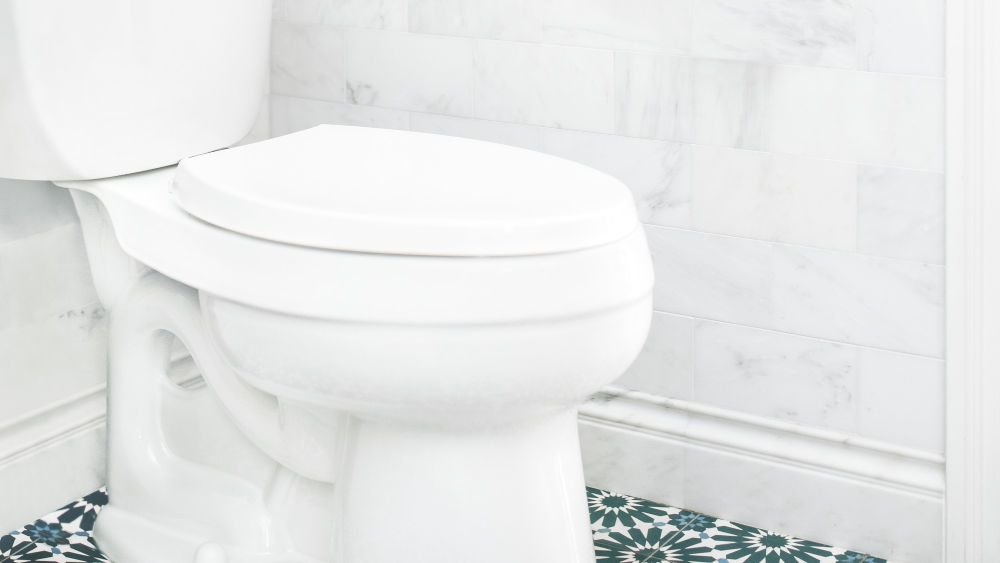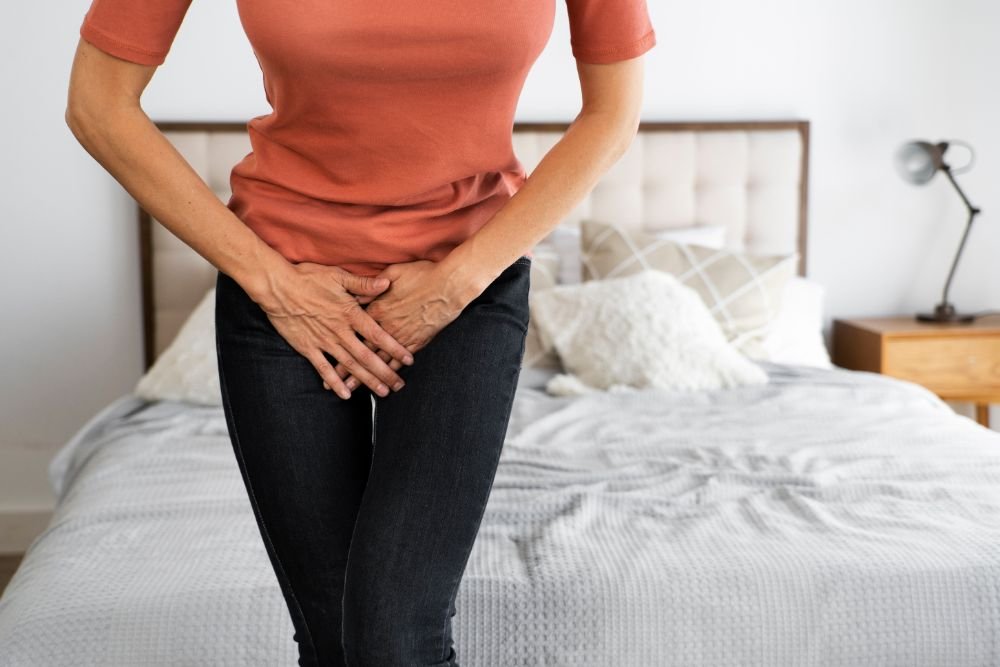Hello there! Let us discuss something that may not be the most comfortable issue, but is unquestionably important: overactive bladder (OAB). So, exactly what is OAB?
It’s a disorder in which your bladder muscles contract involuntarily, resulting in a sudden and urgent need to urinate. Trust me, it’s more widespread than you think, affecting millions of people globally.
Now, picture this: you’re constantly feeling the urge to pee, even when you just went. That’s one of the hallmark symptoms of OAB, along with frequent bathroom trips and waking up multiple times during the night (nocturia).
It’s not just inconvenient; it can seriously disrupt your daily life, affecting everything from work to social activities.
But do not be afraid! Managing an overactive bladder is quite achievable, and it all begins with knowing the necessity of maintaining bladder health. After all, who wouldn’t want to enjoy life without having to continuously worry about taking a potty break?
So, let’s look at seven lifestyle practices that can help you manage your overactive bladder and feel more like yourself again.
Table of Contents
1. Stay Hydrated but Avoid Overhydration
Staying hydrated is critical for a healthy bladder. Drinking water promotes bladder health and prevents infections. So how much should you drink? Experts recommend approximately 8 glasses per day, however this can vary depending on your body’s demands.
The Importance of Balance
However, there’s a sweet spot. Overhydration can actually worsen overactive bladder symptoms! Drinking too much can cause more frequent urination, so it’s essential to strike a balance.
The trick is to listen to your body. Drink when you’re thirsty, but don’t force yourself to drink more than you need. Remember that other fluids, such as tea, coffee, and even foods high in water, help you stay hydrated.
2. Limit Consumption of Bladder Irritants
Know Your Triggers: There are certain substances that can irritate the bladder and worsen overactive bladder symptoms. Common culprits include caffeine, alcohol, and artificial sweeteners. While everyone’s sensitivity varies, it’s a good idea to be mindful of how these substances affect you.
Be Strategic
This does not need you to give up everything! If you prefer caffeinated beverages or cocktails, there is no need to quit abruptly. You can gradually reduce your intake or try alternative types to see how they improve your symptoms.
3. Exercise Regularly

Staying Active: Regular exercise has many benefits for your health, and yes, it can even help with overactive bladder! Exercise helps to regulate your bladder by strengthening the muscles around it. Plus, it improves overall fitness and may help with weight management.
Focus on Your Core
A strong core is necessary for proper bladder control. This includes the pelvic floor muscles, which are sometimes ignored but play an important role in bladder health. Pelvic floor exercises (commonly known as Kegels) can be very beneficial.
Find What Works for You: One of the best things about fitness is the variety of options available! Whether it’s walking, yoga, or weightlifting, pick something you enjoy and stick to it. It is all about consistency.
4. Maintain a Healthy Weight
Weight and overactive bladder: Did you know that excess weight can put more pressure on your bladder? It’s true! Maintaining a healthy weight can reduce OAB symptoms. Losing even a small amount of weight can make a big difference.
Small Changes, Big Impact
Don’t worry, you don’t need to embark on a strict diet. Simple lifestyle adjustments, such as eating healthier and exercising more, can help you achieve and maintain a healthy weight.
Support is essential, remember that you’re not alone on this road. If you require assistance, contact your doctor, a nutritionist, or a fitness professional. They can assist you in establishing realistic goals and staying on track.
CONSTANTLY in the bathroom? Find out how to take CONTROL! – Click Here!
5. Practice Mindfulness
Did you realize that stress might actually exacerbate OAB symptoms? It is true! When you are anxious, your body produces hormones that irritate your bladder and increase the need to urinate. This is when mindfulness comes in.
Tools for Stress Management
Techniques like deep breathing, meditation, and yoga can all help you manage stress and reduce your overactive bladder symptoms. They help you relax and stay present, which can make a big difference.
The Importance of Sleep
Another thing that can impact overactive bladder symptoms is sleep. Not getting enough sleep can make you more irritable, increase your stress levels, and, you guessed it, worsen your OAB symptoms. So, aim for 7-9 hours of sleep each night and see how it affects your bladder.
6. Pay Attention to Bathroom Habits

Healthy practices: Simple bathroom practices can make a great difference when you have OAB. For example, attempt to urinate every 2-4 hours, even if you don’t feel the need. This can help prevent accidents and maintain bladder health.
Control the want: If you have the want to go, try not to rush. Take a deep breath and relax your pelvic floor muscles. This allows you to hold on for a little longer and avoid accidents.
Make Bathroom Access Easy: If you have an overactive bladder, you know how important it is to have quick access to a bathroom. If you’re out and about, try to plan your day around bathroom breaks. You can also use tools like apps or bathroom maps to find a restroom quickly when you need one.
7. Seek Professional Help When Needed
Treatment Options: If you’ve attempted all of these lifestyle modifications and are still battling with OAB, it may be time to seek professional assistance. Several treatment options are available, including medication, behavioral therapy, and, in rare situations, surgery.
Consult a Healthcare Professional
It’s essential to consult with a healthcare professional to get personalized advice. They can help you find the right treatment for you and guide you through the process.
Be Proactive: The key is to be proactive about managing your overactive bladder. Don’t be afraid to ask for help, and don’t be discouraged if it takes some trial and error to find the right solution. With the right support, you can take control of your health and get back to enjoying life.
Conclusion Lifestyle Habits That Can Soothe Your Overactive Bladder
So, there you have it – seven lifestyle habits that can soothe your overactive bladder. Remember, it’s all about finding what works for you and making small changes that add up to big improvements.
Treatment Options: If you’ve attempted all of these lifestyle modifications and are still battling with OAB, it may be time to seek professional assistance. Several treatment options are available, including medication, behavioral therapy, and, in rare situations, surgery.




